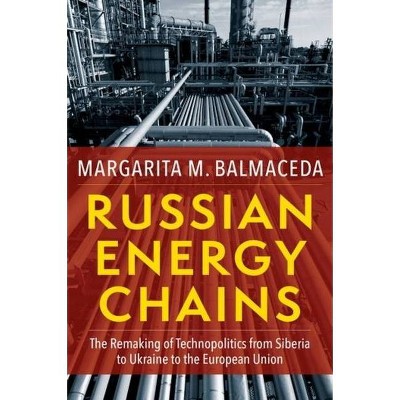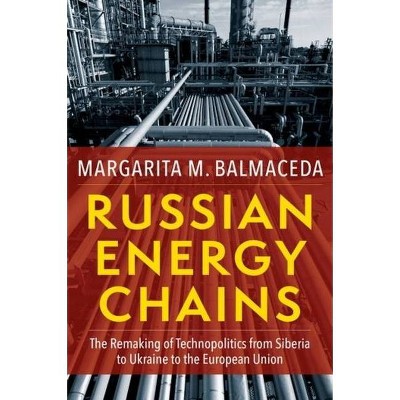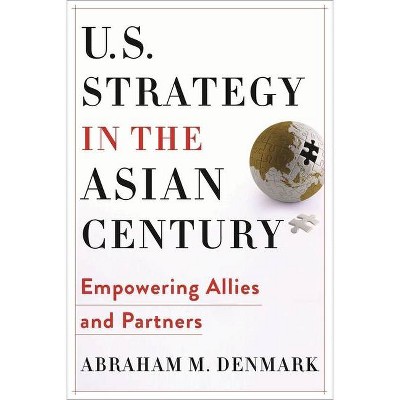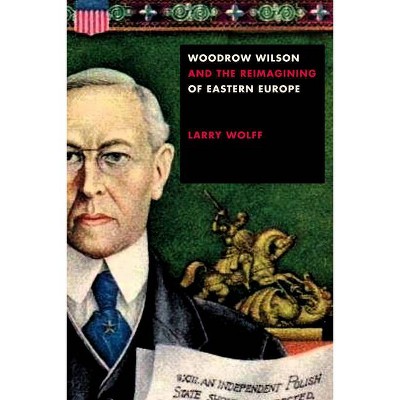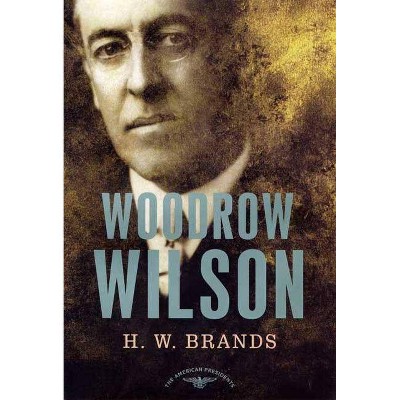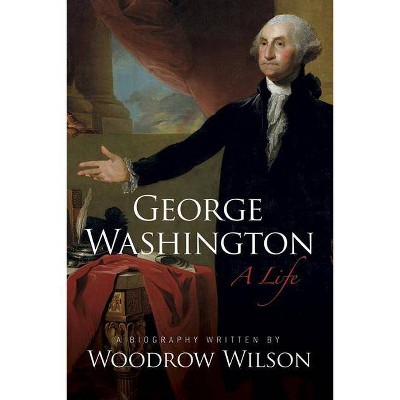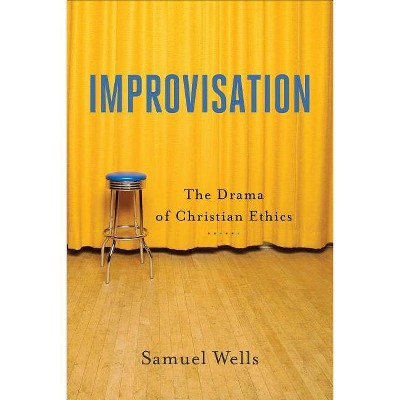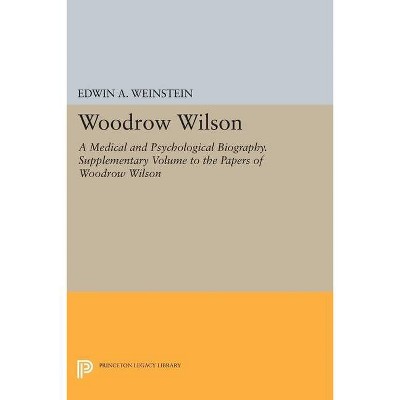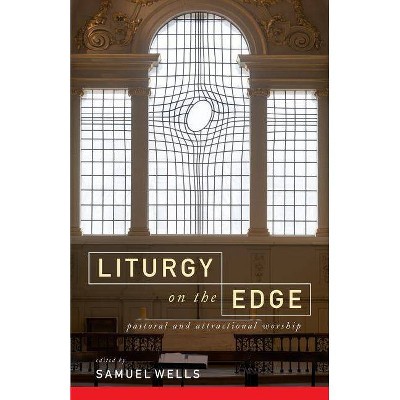Fearing the Worst - (Woodrow Wilson Center) by Samuel F Wells (Hardcover)
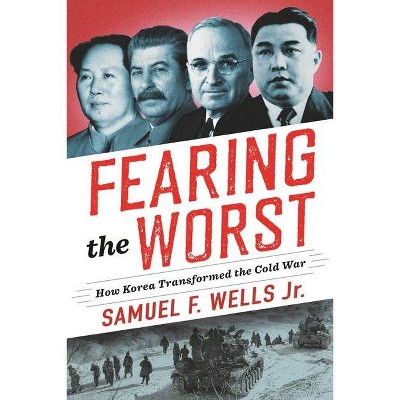
Similar Products
Products of same category from the store
AllProduct info
<p/><br></br><p><b> About the Book </b></p></br></br><i>Fearing the Worst</i> explains how the Korean War fundamentally changed postwar competition between the United States and the Soviet Union into a militarized confrontation that would last decades. Samuel F. Wells Jr. examines how military and political events interacted to escalate the conflict.<p/><br></br><p><b> Book Synopsis </b></p></br></br><p>After World War II, the escalating tensions of the Cold War shaped the international system. <em>Fearing the Worst</em> explains how the Korean War fundamentally changed postwar competition between the United States and the Soviet Union into a militarized confrontation that would last decades.</p><p>Samuel F. Wells Jr. examines how military and political events interacted to escalate the conflict. Decisions made by the Truman administration in the first six months of the Korean War drove both superpowers to intensify their defense buildup. American leaders feared the worst-case scenario--that Stalin was prepared to start World War III--and raced to build up strategic arms, resulting in a struggle they did not seek out or intend. Their decisions stemmed from incomplete interpretations of Soviet and Chinese goals, especially the belief that China was a Kremlin puppet. Yet Stalin, Mao, and Kim Il-sung all had their own agendas, about which the United States lacked reliable intelligence. Drawing on newly available documents and memoirs--including previously restricted archives in Russia, China, and North Korea--Wells analyzes the key decision points that changed the course of the war. He also provides vivid profiles of the central actors as well as important but lesser known figures. Bringing together studies of military policy and diplomacy with the roles of technology, intelligence, and domestic politics in each of the principal nations, <em>Fearing the Worst</em> offers a new account of the Korean War and its lasting legacy.</p><p/><br></br><p><b> Review Quotes </b></p></br></br><br>This excellent monograph by Wells...describes how the Korean War transformed the US into a superpower.--Choice<br><br>A magisterial new study using archives from all the key countries--New Statesman<br><br>A masterful study of one of America's most consequential and most forgotten wars. Samuel F. Wells Jr. weaves together astonishing stories of nuclear strategy and cut-throat bureaucracy in this must-read for anyone eager to understand how the Korean War changed the Cold War--and made the world what it is today.--Graham Allison, Harvard University<br><br>How did the <i>global </i>Cold War come into being and remain <i>cold</i>? With the support of extensive, multi-archival, and insightful research, Samuel Wells has written an extremely important and nuanced book on the subject. It powerfully and convincingly demonstrates that the Korean War formed a critical turning point, redefining the actual trajectory or even essence of the Cold War that would engulf the two superpowers and prevail in the world in the ensuing four decades.--Chen Jian, author of <i>Mao's China and the Cold War</i><br><br>This excellent book offers new insights into how the Korean War laid the basis for today's military competition with Russia, China, and North Korea. Wells analyzes how decisions taken during the Korean conflict dramatically expanded NATO into the central institution that protected the West through the four decades of the Cold War.--Alexander R. Vershbow, former U.S. Ambassador to Russia and South Korea and Deputy Secretary General of NATO<br><br>Wells has drawn on a massive body of documentation and secondary literature from both sides in the Cold War to produce an impressive synthesis of its evolution through the Korean War. Fast paced and persuasively argued, <i>Fearing the Worst</i> should attract an audience well beyond academe.--William Stueck, author of <i>Rethinking the Korean War: A New Diplomatic History</i><br><br>Wells tells the seldom understood story of how revolutionary the impact of Korea was on the nature and scale of the four-decade Cold War, and he does so with a masterful and definitive combination of detail, insight, new sources from both sides, and page-turning readability.--Richard K. Betts, author of <i>American Force: Dangers, Delusions, and Dilemmas in National Security</i><br><p/><br></br><p><b> About the Author </b></p></br></br>Samuel F. Wells Jr. is a Cold War Fellow in the History and Public Policy Program at the Woodrow Wilson International Center for Scholars, where he founded the International Security Studies Program and served as associate director and deputy director. His publications include <i>The Strategic Triangle: France, Germany, and the United States in the Shaping of the New Europe</i> (2006).
Price History
Price Archive shows prices from various stores, lets you see history and find the cheapest. There is no actual sale on the website. For all support, inquiry and suggestion messages communication@pricearchive.us
